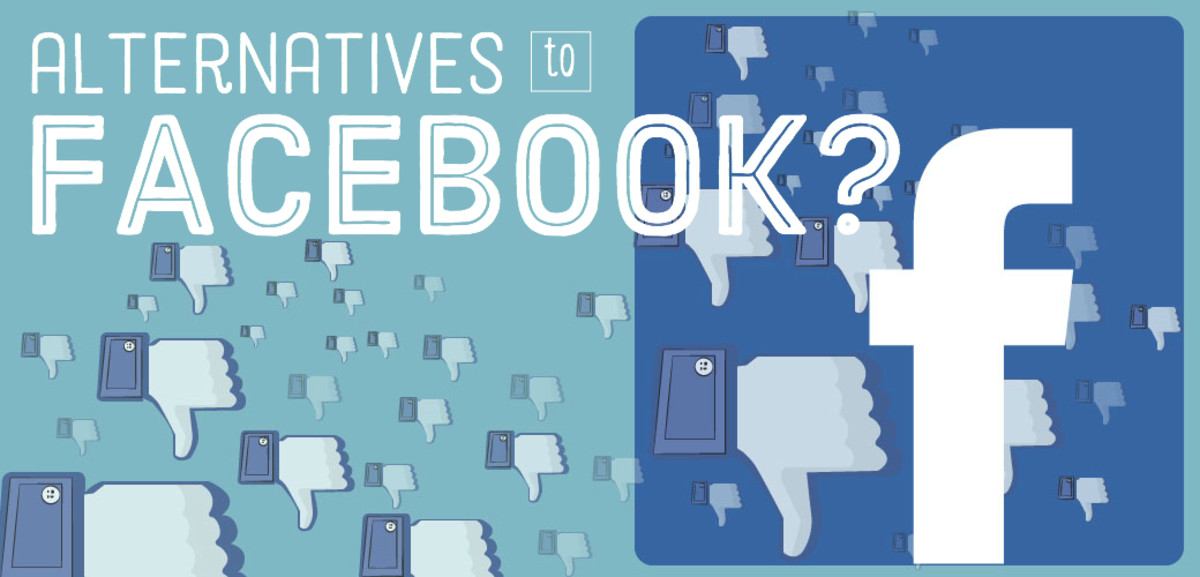Social Networking Game Addiction
Do you have a social networking game addiction? If so, you’re not alone. Millions of people play those games each day, often to the exclusion of actually talking with friends or doing their work. For some it can become a very real problem; for others, it can grip them for a few days or weeks, and then their interest wanes.

Why People Become Gamers
If you’ve never played games on social networking sites like Facebook, then you’ve missed out on a quick and interesting way to meet people from all over the world. Those who are true gamers don’t just add someone to their games only to turn around and do the dreaded “un-friending,” rather they keep these friends because it is the only way to post game requests on other people’s walls or to send fellow players gifts. Admittedly, you’ll also be privy to personal problems and on occasion some bad language of your gaming friends, but that is what it is like being part of a global community.
The other reason people become avid gamers is the thrill of completing quests. Many of the games on Facebook require that you complete quests in order to get to the next level. People are competitive by nature; they don’t want to be held back, especially if they only need one more Valentine cookie or goat to do so. To complete the quests you also need to interact with other people – they have to send you items to complete your quest. Avid gamers also join forums (like Zynga) so that they can join “add me” threads, which help them get even more fellow gamers to play with.
The Gaming Addiction
As with any addictive behavior, people who play social network games may become addicted. They simply can’t quit checking their profiles to see if there are any new requests or logging into their frequently played games to see if a crop needs to be harvested, a cow needs to be milked or a mafia member needs some help. A real problem occurs when someone can’t quit playing these games and begin neglecting their friends, family or even their job or school responsibilities.
Signs of Social Network Game Addiction
Social network Internet game addiction can be a real addiction, not unlike a drug. Check these signs to see if you may be falling into gamer addiction:
Losing track of time when gaming online. Do you log onto a game thinking you’ll just play for 15 minutes, and then find you’ve been playing for much longer, perhaps hours?
Irritability or defensiveness. Are you defensive if someone asks you about the amount of time you spend on the Internet? Are you cranky if someone asks you to get off the Internet or interrupts one of your games?
Ignoring friends, family and responsibilities. Have you forgotten to feed your pets? Are the dishes piling up in the sink? Do you have past due assignments for work or school because you’ve been playing games?
Excitement or euphoria from playing Internet games. Do you get excited at the thought of playing your games? Does nothing else in your life feel quite as much fun as how you feel when you interact with your gaming friends? You forget about being sad or depressed when you’re playing online games?
Steps to Help You Stop
If you’re friends are clamoring to have you back in the “real world” again, or your family members think you’d rather live in a separate dwelling attached to your computer, it is time to take steps to wean yourself off of your gaming addiction. The following are some steps you can take to wean yourself off of Facebook or other social networking gaming addictions:
Recognize the problem. Everyone has a breaking point. Perhaps you’ve received a failing grade at school or you’ve been reprimanded at work due to your addiction. This is your wake up call. You have a choice: either cut back on your Internet time or face some negative consequences such as flunking out of school or losing your job. Remember- your Internet gamer friends aren’t real friends and they can’t help you pass your classes or keep your job.
Find a new hobby that has nothing to do with the Internet. Everyone likes to do something, anything that isn’t Internet related. Good hobbies include volunteering (not working on the Internet or computers!), working out, and gardening, knitting- anything that keeps your hands busy and off the keyboard.
Get back to the real world and real relationships. Call up your friends and re-connect; go out to a movie or just hang out. Join a club that requires you to get out of the house on a regular basis. Take a class at a local community college or community center and meet new people. Forming new relationships or strengthening old ones can help you wean yourself away from Internet relationships.
Modify your Internet use. Recognize what lures you to the Internet. Are you bored? Did you have a disagreement or fight with someone? Are you anxious or stressed out about something? Learning the triggers that make you want to get back on the Internet and play games helps you identify what the real problem is. Knowing these triggers will help you stop your Internet gaming addiction and get you back on track with the real world around you.
Getting Professional Help
Occasionally addictions can’t be cured by self-help advice. If you or a friend simply can’t make the break with the Internet, suggesting professional help isn’t out of line. Getting help isn’t wrong. It doesn’t make you weak or stupid, in fact, just the opposite is true. Recognizing that you have a problem and seeking help is the mature thing to do. If you’re a friend, offer your support and don’t judge. A good support system is an important part of keeping someone afloat through both the good and bad times.
Final Note
As someone who loves to play Internet games, I’m the first to admit that there is a certain allure to them. Conquering the next level of a game, adding new friends on a regular basis and earning “virtual” cash is fun and exciting. However, I understand that these games and virtual relationships can’t replace the real relationships I have with my friends, family and pets that all depend on me to some degree. If you think you’re sinking in too deep with your gaming, try to limit your time online. Use a timer with an alarm if you have to.
If, however, you just enjoy gaming a few times a week, carry on. There is no harm in playing the occasional game. Virtual relationships may provide you with unique insight to other cultures and languages, and on occasion may even progress into relationships in the real world.
Internet Gaming Addiction Resources
- Internet Addiction and Internet Gaming Addiction, offered by Zur Institute, LLC for Psychologists, M
Internet addiction and Internet gaming addiction: How to deal with parents and childrens conflict over the use of the web. - Help For Internet Addictions - Online Games - Treatment & Recovery Net Resources Tips - Perso
Welcome to Hooked On Video Games and other Online Addictions Christian Help Resources For Various Internet Addictions and Chat Lines, Tips on Cyber-wellness, and Personal Therapy - Internet and Computer Addiction: signs, symptoms, and treatment
Learn about Internet addiction (computer addiction or online addiction), including compulsive gambling, gaming, internet pornography and cybersex. Discover signs, symptoms, and treatment options, including self help. - Video game addiction - Wikipedia, the free encyclopedia









